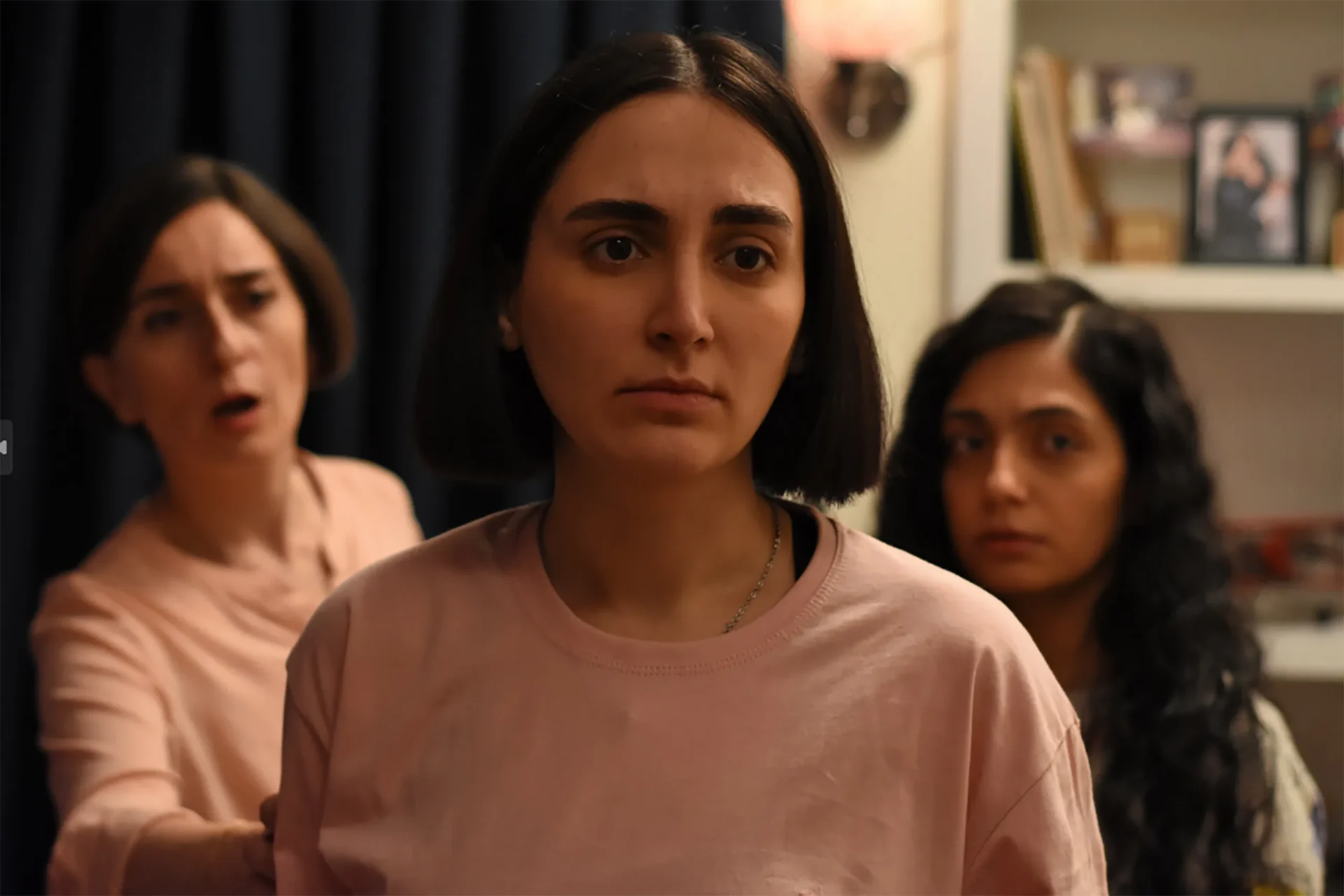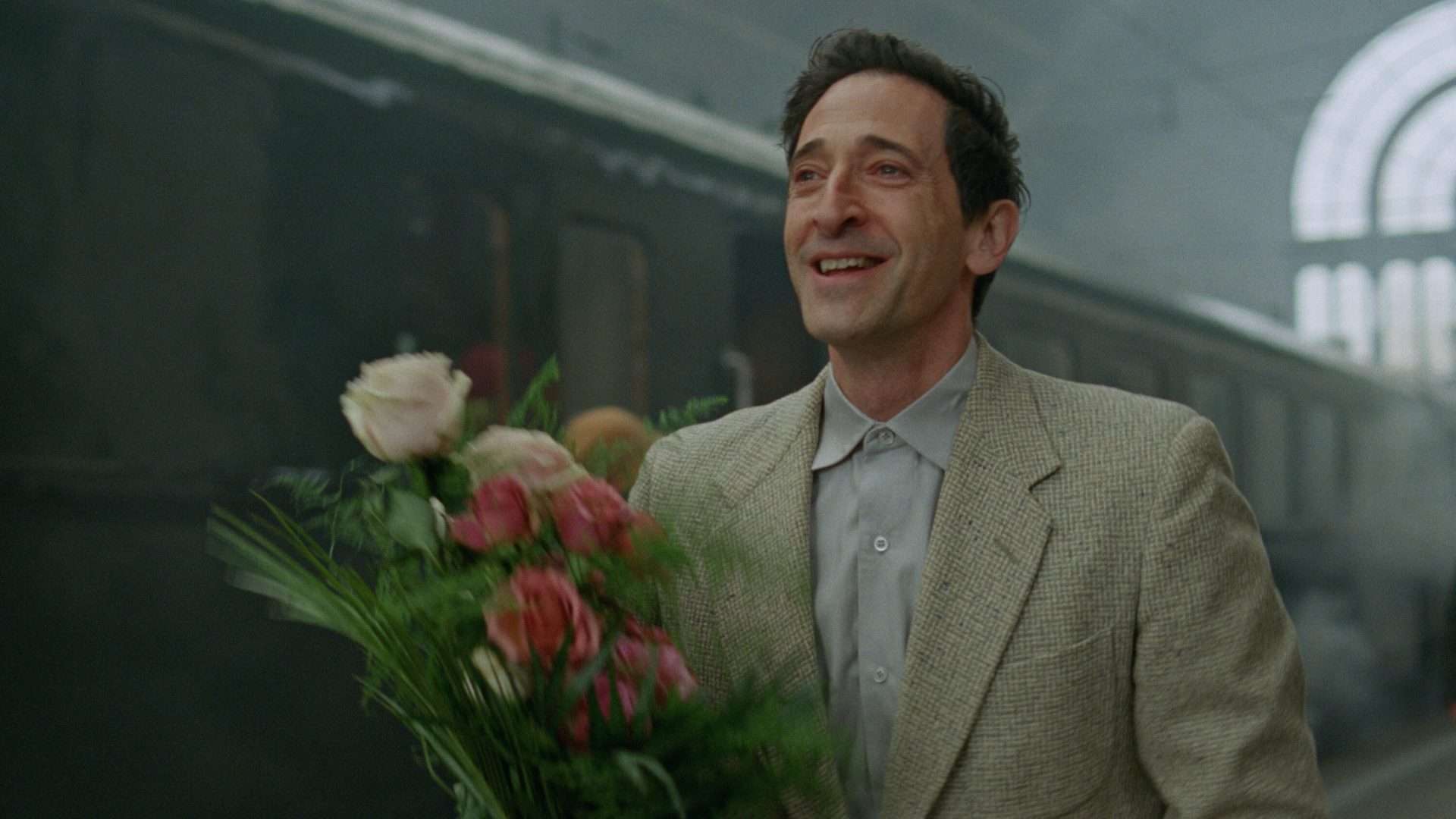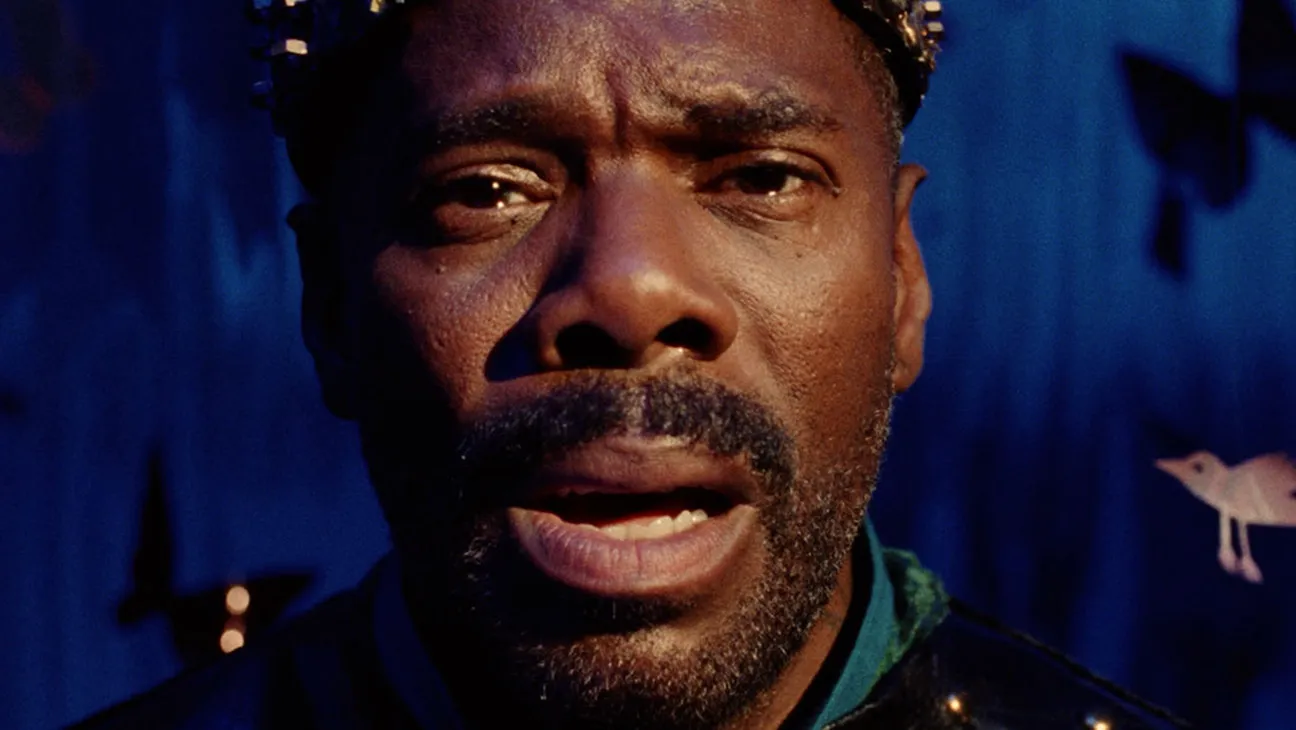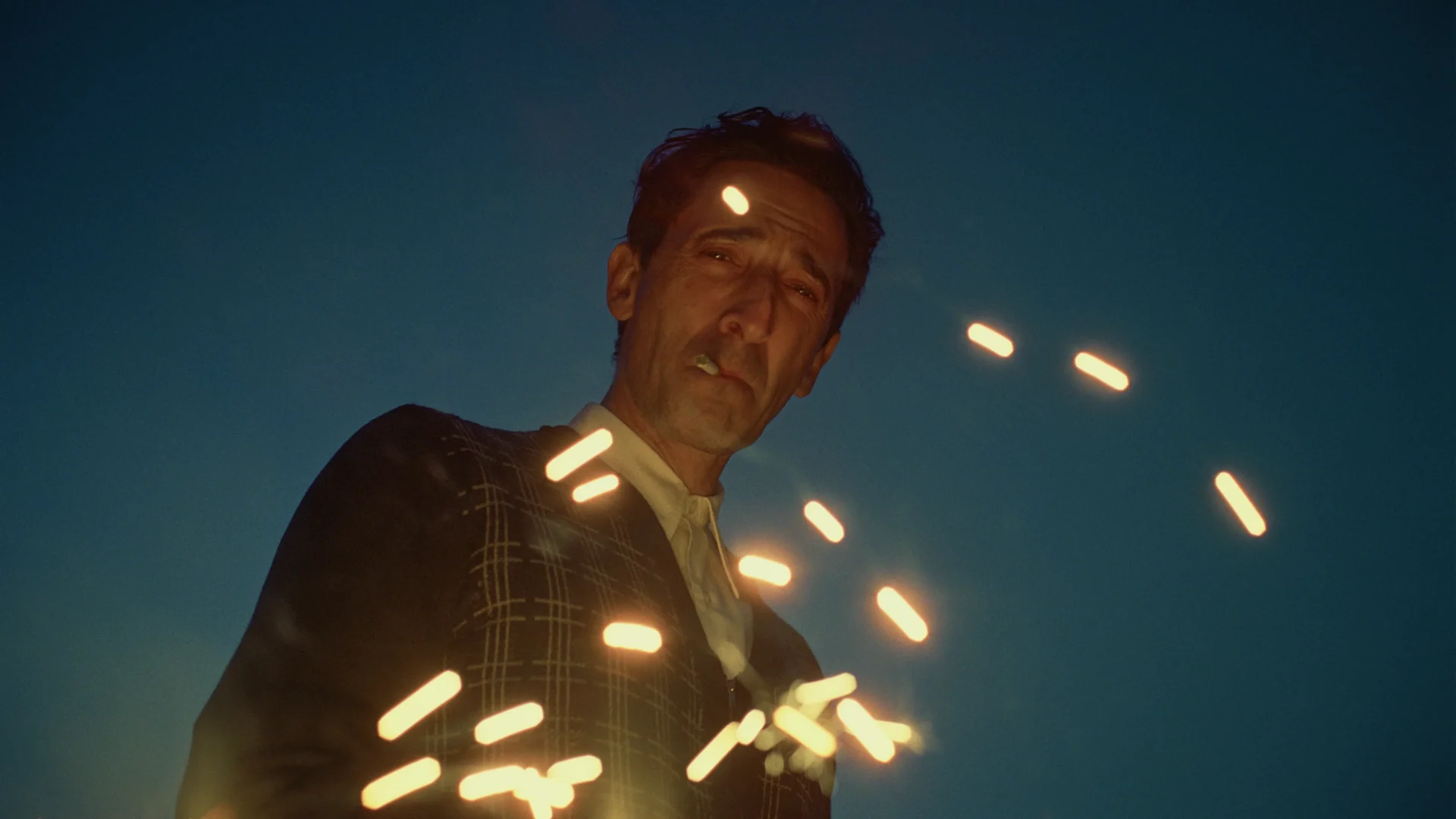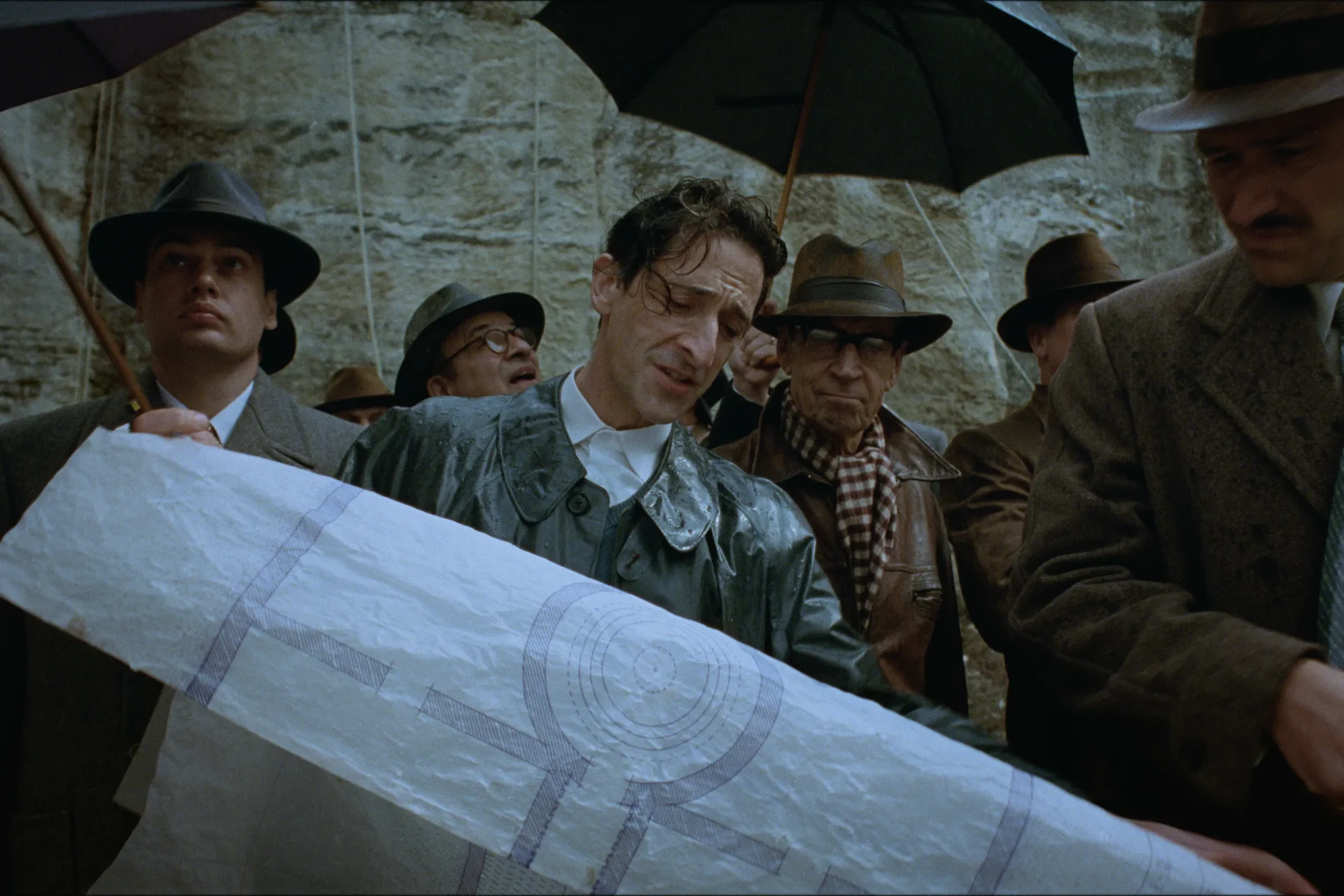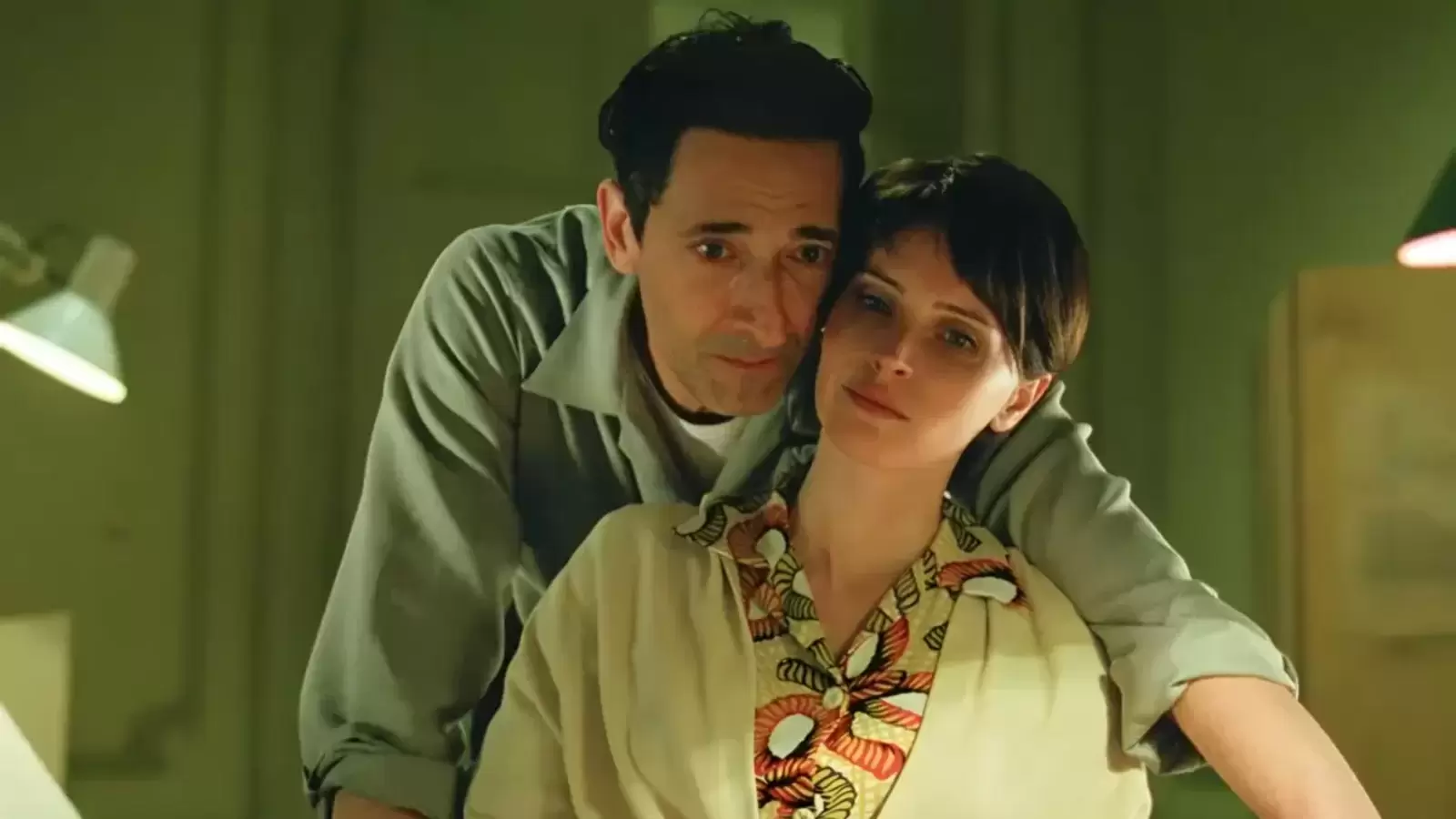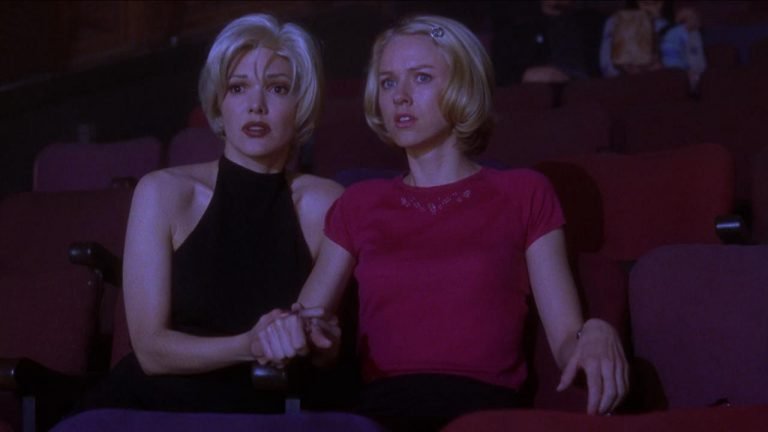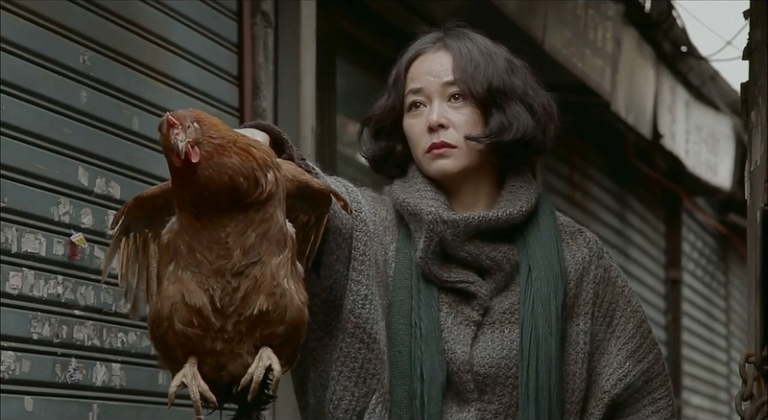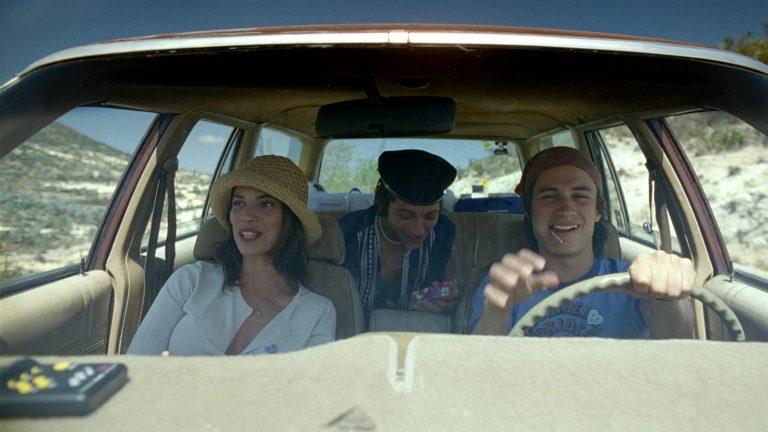This year’s Academy Awards race has been one of the most unusually chaotic in recent memory, as controversies have seemingly touched all major contenders. Beyond the obvious crisis regarding the offensive nature of “Emilia Perez,” there has been discourse about the shocking ending of “Conclave,” the depiction of sex workers in “Anora,” the Israeli politics of “The Brutalist,” the subtle (or lack thereof) message of “The Substance,” the unusual filmmaking techniques in “Nickel Boys,” the bland visuals of “Wicked,” and the Best Picture snubs for “Sing Sing” and “A Real Pain.” Nonetheless, a strong crop of contenders means that this year’s ceremony won’t be dull. It’s also a strong sign that the Oscars have selected a great host in Conan O’Brien, a veteran of television and giant movie fan who is sure to remind audiences what they are celebrating.
Outside of a few underwhelming nominations, this year’s Oscars have honored a wide variety of films that exist within multiple genres and have various perspectives. Although there are clues to what may end taking home the trophies based on previous awards ceremonies such as the PGA, SAG, DGA, Golden Globes, and BAFTAs, there is generally at least one major surprise each season; no one could ever forget Olivia Colman from “The Favourite” snatching the Best Actress prize from Glenn Close’s seventh nomination for “The Wife,” or “Moonlight” pulling the upset of the decade over “La La Land.” Here is what is expected to win at the 97th Academy Awards.
Best Animated Feature
Will win: “Flow”
Should win: “Flow”
While “The Wild Robot” did win at both the Annie and PGA awards, the Oscars have become increasingly international in the past decade, and “Flow” has the novelty of also being nominated for Best International Feature. Last year, the artistically-minded “The Boy and the Heron” managed to claim victory over the blockbuster smash hit of “Spider-Man: Across the Spider-Verse,” and “Flow” has received a similar groundswell of support from the critical community.
Although the BAFTAs took a swing and awarded the homegrown favorite “Wallace & Gromit: Vengeance Most Fowl,” it’s unlikely to factor into the race based on the hesitation the Oscars have shown to giving the win to sequels (outside of the “Toy Story” films). “The Wild Robot” does have the added benefit of being nominated for Best Original Score and Best Sound, but “Flow” also has a timely message about environmentalism and community that may resonate with voters during a very divided time in global politics.
Best Documentary Feature:
Will win: “Porcelain War”
Should win: “Sugarcane”
“No Other Land” has won nearly every prize from critics’ groups, but these voting bodies do not share any overlap with the Oscars. It is notable that “Porcelain War” has earned major nominations at the PGA, DGA, and Critics Choice awards; ironically, both the BAFTA and Critics Choice awards handed their top prize to “Super/Man: The Christopher Reeve Story,” which was snubbed by the Oscars.
Although there will certainly be an outcry if “No Other Land” does not win given its focus on the Palestinian people, “Porcelain War” is also about an important subject, as it examines the resistance fighters in Ukraine that have resisted the Russians. Both films speak to international voters, but “Porcelain War” is also about the preservation of art in a time of crisis, which is a message that many members of the Academy may be able to get behind. It’s a toss-up, but “Porcelain War” may appeal to a broader portion of the Academy, as “No Other Land” still does not have a distributor.
Best International Feature Film
Will win: “Emilia Perez”
Should win: “The Seed of the Sacred Fig”
One of the most surprisingly competitive races, the Best International Feature Film award seemed to be locked for “Emilia Perez” until its star’s controversial comments were revealed. “I’m Still Here” has the opportunity to pull off a major upset, as it received a surprising nomination for Best Picture, and has been gaining more momentum ever since its star, Fernanda Torres, won the Golden Globe for Best Actress in a Drama.
While “I’m Still Here” is getting more popular thanks to its box office success in Brazil, “Emilia Perez” still has the benefit of an astounding 13 nominations, making it unlikely that it will go home empty-handed. Gascon’s tweets likely destroyed the film’s opportunity to be a major contender in the Best Picture race. But the sheer strength of its nominations haul signifies that it still has a fair amount of support. This would also be the first prize handed to Jacques Audiard, a highly respected international filmmaker whose previous film “A Prophet” was nominated in the same category.
Best Editing
Will win: “Conclave”
Should win: “The Brutalist”
Best Editing is a category closely tied to Best Picture, as the only recent winners in the top category that did not receive a corresponding editing nomination were “CODA” and “Birdman (or the Unexpected Virtue of Ignorance).” “Conclave” did win the BAFTA, which is the only major precursor that may have a significant bearing on the race, given that the winners for the American Cinema Editors Awards will not be announced until after the Oscars ceremony. However, the ACE awards did snub “The Brutalist,” making it unlikely that the three-and-a-half hour epic would claim victory.
“Conclave” is a film that is remarkably well paced, and includes the types of montages, sharp cuts, and exciting moments that could be compared to previous Best Editing winners such as “Oppenheimer,” “Ford v. Ferrari,” and “Hacksaw Ridge.” Although Sean Baker could be the rare filmmaker to also earn a Best Editing prize, it is far more likely that he will take home one of the other categories that he is nominated in.
Best Cinematography
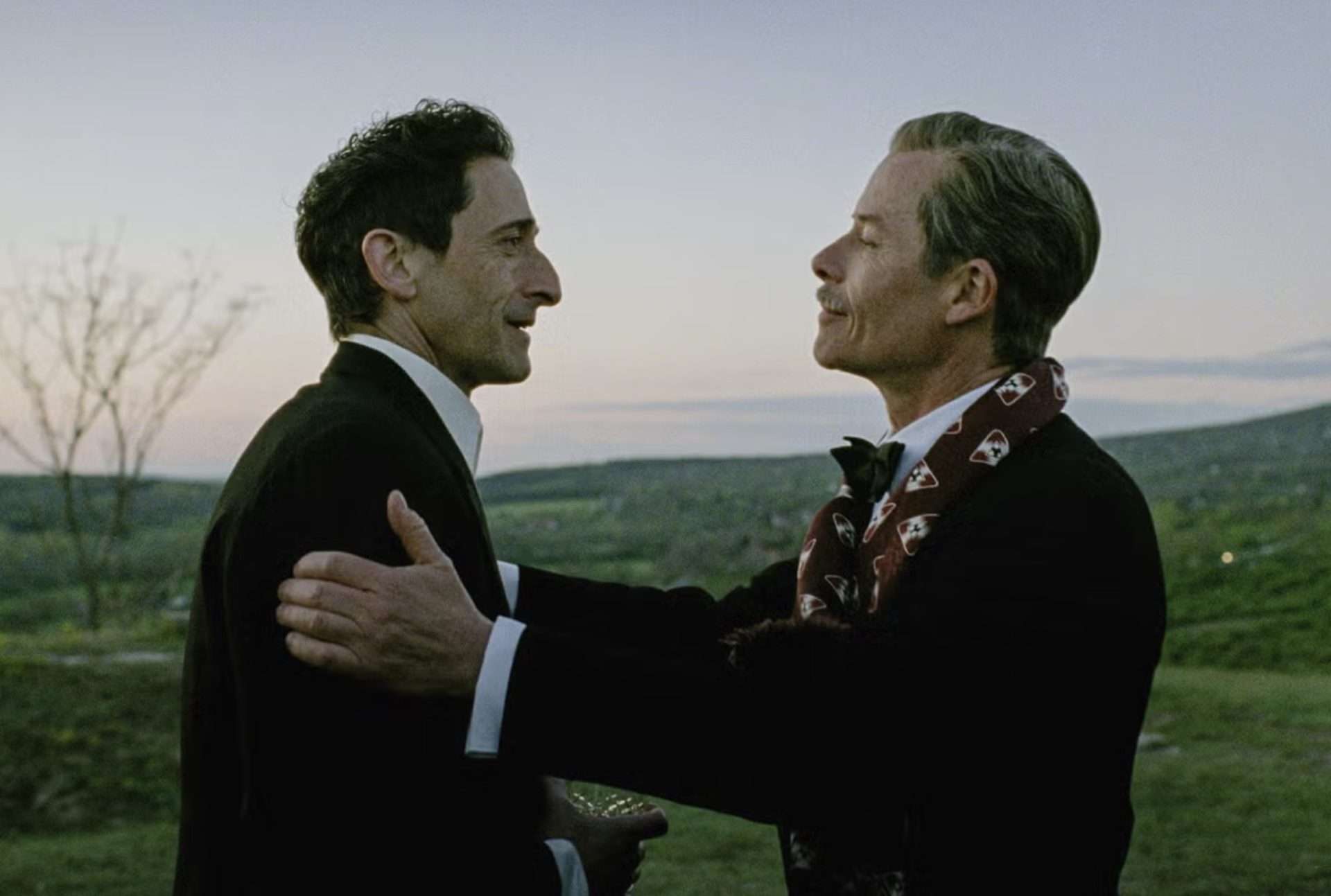
Will win: “The Brutalist”
Should win: “The Brutalist”
Praise for the amazing cinematography in “The Brutalist” has been unanimous since its debut at the Venice Film Festival, as even those more skeptical about Brady Corbet’s intentions have had to admit that the film is absolutely stunning on a visual level. The use of VistaVision is certainly going to gain the attention of older voters, especially since “The Brutalist” has managed to do surprisingly well within its IMAX and 70 mm releases.
Although the American Society of Cinematographers awarded “Maria” and the Critics Choice handed their prize to “Nosferatu,” it is still rare for a non-Best Picture nominee to take home this prize, as the last to do it was “Blade Runner 2049” (which was largely considered a career victory for Roger Deakins). “Emilia Perez” has never been a strong contender in this race, and “Dune: Part Two” is unlikely, given that the Oscars have never given Best Cinematography to a sequel.
Best Adapted Screenplay
Will win: “Conclave”
Should win: “Sing Sing”
“Conclave” is such a frontrunner in this race that it would frankly be a shock if anything else was to win; the film picked up the combined Golden Globe for Best Screenplay, as well as the BAFTA, Critics Choice, and most smaller critics group prizes for the Best Adapted Screenplay category. Although “Nickel Boys” took home the award at the WGA awards, this was because “Conclave” did not meet the eligibility requirements and was not nominated; had it been eligible, it is almost guaranteed that it would have won.
“Conclave” is a dialogue-centric film that features interesting structural hallmarks and important themes, which are critical to most Best Adapted Screenplay winners. It would be unlikely for either “A Complete Unknown” or “Emilia Perez” to earn an upset, as the Oscars have not historically given this category to musical or music-related films. As for “Sing Sing,” the fact that the non-Best Picture nominee got in is likely its only reward.
More Related to Oscars 2025 Predictions: 10 Must-See 2024 Movies that the Oscars Ignored Completely
Best Original Screenplay
Will win: “Anora”
Should win: “A Real Pain”
Best Original Screenplay is one of the most contentious races, as the major precursors have gone to different films. While “A Real Pain” seems like a likely winner based on the fact that it won the BAFTA award, the film is missing the crucial Best Picture nomination. The last time that one of the screenplay awards was given to a non-Best Picture nominee is when “Eternal Sunshine of the Spotless Mind” won at the 2005 Oscars. However, this was back when there were only five Best Picture nominees, as “Eternal Sunshine of the Spotless Mind” would likely have made it within a field of ten.
“Anora” solidified its status as a frontrunner with its WGA win, and while “The Substance” did well at both Cannes and the Critics Choice, those voting bodies have less overlap with actual Oscar voters. “The Brutalist” has failed to earn any major writing awards, and it is frankly a shock that “September 5” even managed to get in.
Best Supporting Actor
Will win: Kieran Culkin, “A Real Pain”
Should win: Kieran Culkin, “A Real Pain”
Rarely has a frontrunner been so entirely dominant throughout an entire season. With wins at the BAFTA, SAG, Golden Globes, Critics Choice, LAFCA, NYFCC, and London Film Critics’ Awards, Kieran Culkin’s performance in “A Real Pain” has shown no signs of weakness. Culkin’s ability to give a great speech has undeniably been part of his charm, especially after he showed a similar sign of dominance when he was picking up prizes for the final season of “Succession.”
It is frankly a challenge to think of who could possibly be the runner up in this category. Guy Pearce missed the critical SAG nomination, Yura Borisov is a newcomer who might not even be the Best Supporting Actor in his own movie, and Edward Norton’s turn as Pete Seeger in “A Complete Unknown” may be too subtle and reserved for the Oscars. Although Culkin has a worthy competitor in his “Succession” co-star, Jeremy Strong, the controversy around “The Apprentice” will likely be a barrier to his potential upset.
Best Supporting Actress
Will win: Zoe Saldana, “Emilia Perez”
Should win: Monica Barbaro, “A Complete Unknown”
Like Culkin, Zoe Saldana has managed to win virtually every precursor necessary for an Oscar victory, as she won at the BAFTA, Golden Globe, SAG, and Critics Choice Awards. Although there was concern that the backlash to “Emilia Perez” might impair her chances of victory, the SAG award voting occurred after Gascon’s comments had been revealed, suggesting that voters have been able to separate Saldana’s performance from the film itself. It could also be seen as a career award for a widely recognizable actress, given her many years of appearing in blockbuster franchises like “Avatar,” “Avengers,” “Guardians of the Galaxy,” “Pirates of the Caribbean,” and “Star Trek.”
Saldana also benefits from being without a primary competitor. Isabella Rossellini missed a SAG nomination, Monica Barbaro was snubbed by the BAFTAS, and Felicity Jones was ignored by both the Golden Globes and Critics Choice. If Ariana Grande was to be recognized for her performance as Glinda, it would be more likely for her role in next year’s “Wicked: Part Two.”
Best Actor
Will win: Adrien Brody, “The Brutalist”
Should win: Adrien Brody, “The Brutalist”
Adrien Brody gave the comeback performance of a year with his riveting role in “The Brutalist,” which came over two decades after he became the youngest Best Actor winner ever for his role in “The Pianist.” Brody won the Golden Globe, BAFTA, Critics Choice, and NYFCC awards, and has appeared to be remarkably sincere in all of his campaign speeches. Ironically, his biggest competition is from Timothee Chalamet, who would unseat him as the youngest Best Actor winner ever if he won for “A Complete Unknown.”
SAG did award Chalamet, but that voting body appeared to be largely unimpressed by “The Brutalist,” as it snubbed the film for Best Ensemble Cast, and also shut out Brody’s co-stars, Felicity Jones and Guy Pearce. While the SAG awards have lined up pretty closely with the Oscars, they have diverged when they awarded Chadwick Boseman for “Ma Rainey’s Black Bottom” and Denzel Washington for “Fences,” with the Oscars handed to Anthony Hopkins for “The Father” and Casey Affleck for “Manchester by the Sea,” respectively. It’s a close race, but Brody may have the edge.
Best Director
Will win: Brady Corbet, “The Brutalist”
Should win: Brady Corbet, “The Brutalist”
Perhaps the toughest race to call is choosing between Brady Corbet for “The Brutalist” and Sean Baker for “Anora.” Both are writer/directors also nominated for their screenplays, and both have been passionate in discussing the importance of creative authority within the industry, and have supported independent productions. Baker may be considered “overdue” based on the fact that he has been snubbed for “The Florida Project” and “Tangerine” among others, but Corbet has earned acclaim for managing to pull off such an epic film on a budget of less than $10 million.
The BAFTA and Golden Globes went to Corbet, with Baker winning the DGA and Indie Spirit prizes. Although both are American filmmakers, Corbet’s international epic may be more appealing to the directors’ branch, which tends to favor auteur filmmakers from around the world. The scope and scale of Corbet’s film is in line with other recent Best Director winners for films that did not win Best Picture, such as Jane Campion for “The Power of the Dog,” Alfonso Cuaron for “Roma,” Damien Chazelle for “La La Land,” and Alejando Gonazalez Inarritu for “The Revenant.”
Best Picture
Will win: “Anora”
Should win: “The Brutalist”
“Anora” rose to the top of the race with its successive wins at the PGA, DGA, WGA, and BAFTA awards. The last film to win these four prizes and not win Best Picture was “Brokeback Mountain,” which lost to “Crash” at the controversial 2006 Oscars. “Anora” has received nearly every nomination that it was in serious contention for, and could be the first Palme d’Or winner since “Parasite” to also win Best Picture. “The Brutalist” may have been an early frontrunner, but its underperformance at the guild awards and backlash from voters that admitted to not watching it may make it challenging for it to earn the #1 spot on the preferential ballot voting system.
“Conclave” may be the closest contender, but it likely won the BAFTA because it is a British film, and won the SAG Award for Best Ensemble because it had a more extensive cast than “Anora.” “Anora” would mirror the success of recent Best Picture winners like “Moonlight,” “Nomadland,” and “Everything Everywhere All at Once,” as it is a small-scale film about how the American dream should be accessible to everyone.



